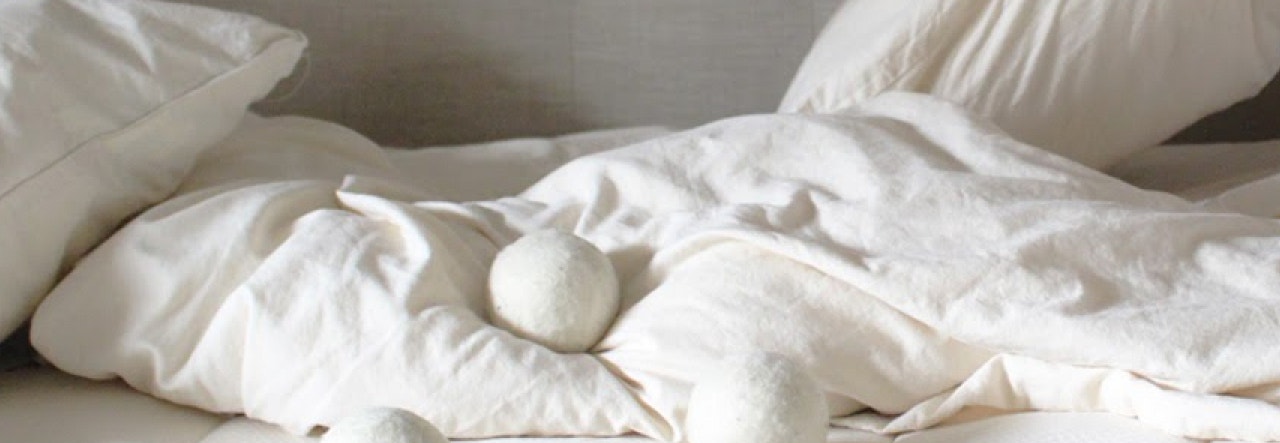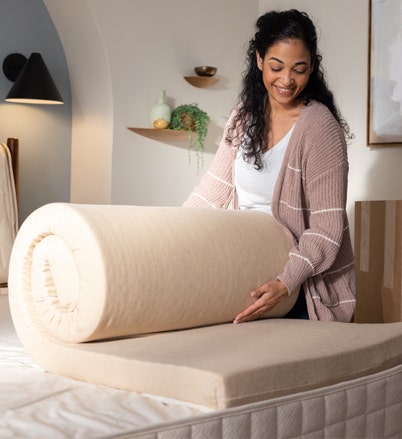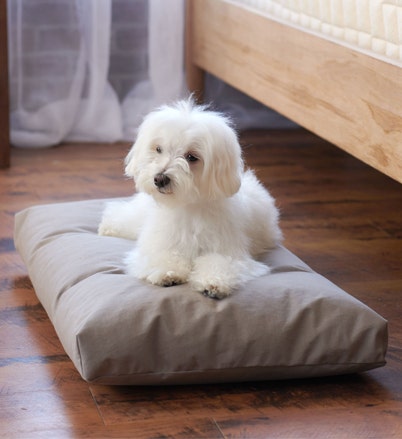Keeping your mattress fresh and clean is essential for creating a healthy and comfortable sleep environment. When it comes to organic mattresses, proper care ensures you protect the integrity of the natural materials while promoting longevity. This guide will show you how to clean a mattress effectively, with a focus on low-toxic, eco-friendly methods.
Why Should You Clean Your Mattress?
Mattresses are often overlooked when it comes to household cleaning, but they play a significant role in your health and well-being. Cleaning your mattress helps control allergens, as dust mites and allergens can build up and cause allergies or respiratory issues. It also improves hygiene by removing sweat, body oils and accidental spills that can lead to bacteria and mold growth. Regular maintenance extends the mattress’s lifespan, keeping it supportive and comfortable, while also promoting a healthier sleep environment for better sleep quality.
How to Clean a Mattress in 10 Steps
Here's your complete guide to cleaning a mattress from A to Zzz.
Step 1: Gather Your Supplies
Before you start, gather all the necessary cleaning supplies. You may need a vacuum cleaner with an upholstery attachment, baking soda, mild detergent or mattress cleaner, white vinegar, hydrogen peroxide for stain removal, a soft-bristle brush, clean cloths or sponges and essential oils if you prefer a fresh scent. Having these items ready will make the cleaning process smoother and more effective.
Step 2: Strip the Bed
Begin by removing all your organic bedding, including sheets, pillowcases and mattress protectors. Wash these items per their care instructions to eliminate dust mites and bacteria. As your bedding is being cleaned, you can turn your attention to the mattress itself.
Step 3: Vacuum the Mattress
Use the upholstery attachment of your vacuum cleaner to thoroughly vacuum the entire surface of the mattress. Pay special attention to seams, crevices and edges where dirt and debris tend to gather. This step removes loose dirt, hair and allergens, creating a clean slate for deeper cleaning.
Step 4: Spot Treat Stains
For stains, it’s essential to treat them promptly and appropriately. Sweat and body oil stains can be removed by mixing a solution of hydrogen peroxide, mild detergent and water. Apply the mixture to the stain with a clean cloth, then blot it dry. For urine stains, mix equal parts white vinegar and water, spray the solution onto the stain, let it sit for 15 minutes and blot dry. Blood stains are best treated with a mix of cold water and hydrogen peroxide, applied gently with a cloth. Avoid soaking the mattress, as excessive moisture can lead to mold growth.
Step 5: Deodorize with Baking Soda
Baking soda is an effective, natural deodorizer that can refresh your mattress and neutralize odors. Sprinkle a generous amount of baking soda across the entire surface of the mattress. If desired, add a few drops of essential oil, such as lavender or eucalyptus, to the baking soda for a pleasant scent. Let the baking soda sit for at least 30 minutes, or even overnight for a deeper clean. Finally, vacuum the mattress thoroughly to remove all traces of baking soda.
Step 6: Disinfect Your Mattress
Disinfecting your mattress is a key step to eliminate bacteria and germs. One method is steam cleaning, which uses high temperatures to kill bacteria and dust mites effectively. Alternatively, you can lightly mist the mattress with a mixture of equal parts white vinegar and water, allowing it to air dry completely. For a natural disinfectant, take your mattress outside on a sunny day – UV rays help kill bacteria and mold.
Step 7: How to Deep Clean a Mattress
Deep cleaning involves a combination of techniques for a more thorough refresh. After vacuuming and spot-treating stains, sprinkle baking soda across the surface and gently rub it in with a soft-bristle brush to help it penetrate. Leave the baking soda on for six to eight hours before vacuuming. For tough stains or odors, an enzyme-based cleaner can break down organic matter more effectively.
Step 8: Rotate if You Like
Naturepedic mattresses are not double-sided, but rotating your mattress 180 degrees can help to prevent uneven wear, ensuring it stays comfortable and supportive for many nights to come.
Step 9: Let It Air Out
Before putting the bedding back on, ensure your mattress is completely dry and well-aired. This step is crucial to prevent mold and mildew caused by trapped moisture. Allow it to sit in a well-ventilated room or, if possible, outside in fresh air.
Step 10: Protect Your Mattress
To maintain the cleanliness of your mattress, invest in a good-quality mattress protector. A waterproof yet breathable protector shields your mattress from spills and allergens. Regularly washing your bedding, including sheets and pillowcases, prevents dirt and oils from transferring to the mattress. Periodic vacuuming also helps keep allergens at bay. Finally, avoid eating in bed to minimize crumbs and potential spills.
When to Call a Professional
If your mattress has severe stains, persistent odors or signs of mold, professional cleaning services might be the best option. Professionals use specialized equipment and cleaning agents to restore your mattress without causing damage
Need help with a specific product? Visit our Product Care Page or Contact Us for more assistance.
 BABY
BABY  KIDS
KIDS  ADULT
ADULT  LEARN
LEARN  STORES
STORES 



